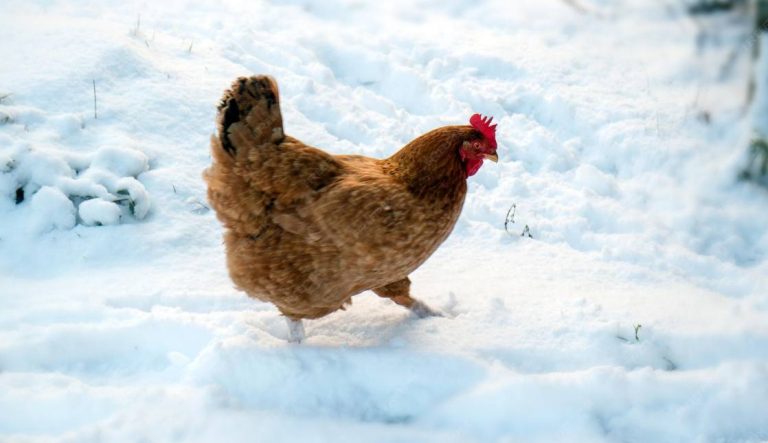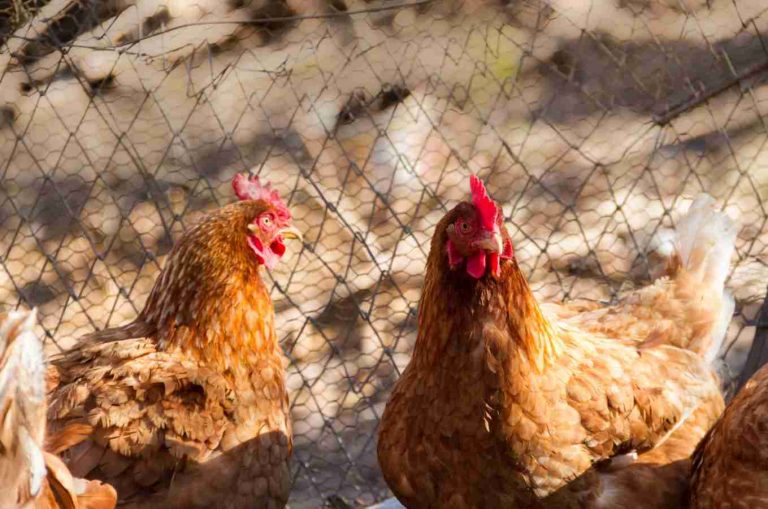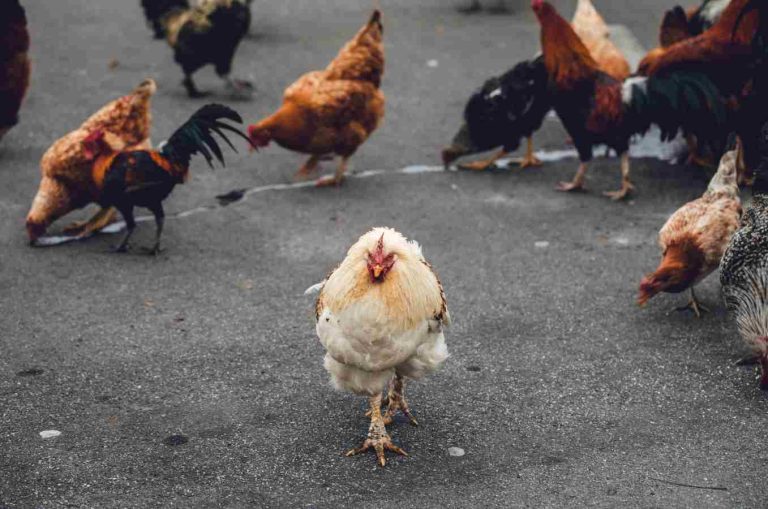What Are the Challenges of Backyard Chickens in Winter
Why Winter Is a Key Season for Coop Care
Winter brings several serious problems for backyard chicken owners. As temperatures fall, the flock faces risks of frostbite, lower egg output and higher chance of breathing illnesses. Chickens are tough, but they cannot fully resist hard conditions.
In some districts, winters can be severe and changeable, with snow and temperatures that drop below zero. Despite all that, our chickens do just fine, as long as we prepare well and provide them the right care.
Chickens need a coop that stops wind but allows air flow. Wind chills can cause frostbite on combs and feet, while poor air movement leads to moisture buildup and ammonia collection. Also, snow and ice can block access to food, water and safe outside space, making coop design and upkeep vital for survival.
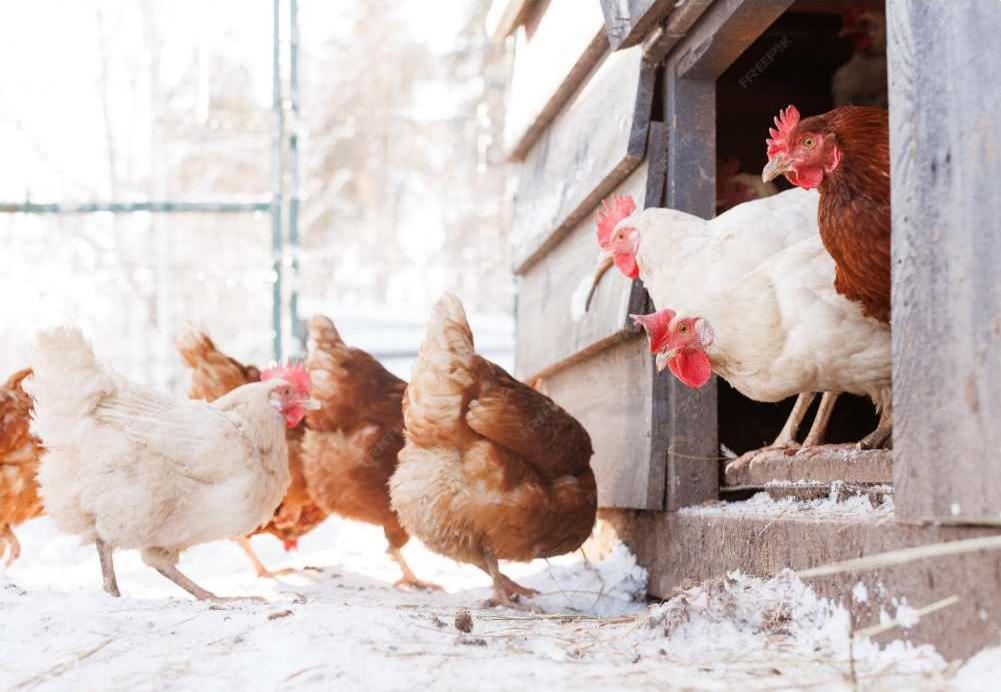
How to Keep Chickens Warm in the Coop During Winter
What Temperature Range Can Chickens Handle?
Most chickens can manage temperatures as low as 20°F (-6°C) if they stay dry and shielded from wind. Cold-resistant breeds do better but still need protection when extreme cold hits. Avoid relying on heating chicken coop in winter through electrical means unless absolutely necessary due to fire risks and acclimation issues.
The short answer is no. Adding heat makes it harder for chickens to acclimate and poses a fire hazard.
Ways for a Warmer Chicken Coop
Deep litter method is one of the best chicken coop ideas for winter. Layering bedding material like straw or wood shavings allows natural composting to generate warmth. High perches keep birds off the cold ground and reduce exposure to chill.
Your coop should be draft free but have plenty of ventilation.
Seal gaps in walls to prevent drafts but ensure that air can still circulate. This balance of insulation and ventilation is central to maintaining health and comfort during winter months.
How to Properly Insulate the Chicken Coop for Winter
Best Materials for an Insulated Chicken Coop
Choosing the right materials for an insulated chicken coop can greatly improve heat keeping. Foam boards, straw bales and radiant barriers can all be used effectively. Apply weather stripping around doors and windows to minimize heat loss.
If you live in a cold climate, adding insulation to your coop is a great idea. You can use pieces of Poly-Iso to insulate coops during the winter.
Boost Insulation Without Power
Using thermal mass like black-painted water jugs can absorb sunlight during the day and release heat at night. Covering windows with transparent plastic sheeting can help retain warmth while still letting light in—key when sunlight is limited in winter.
These methods are sustainable alternatives for those who want to maintain a chicken coop for the winter without relying on power sources.
How to Ventilate a Chicken Coop in Winter Without Losing Heat
Why Ventilation Matters in Cold Weather
Despite lower temperatures, chicken coop ventilation in winter is critical. Moisture from breath and droppings condenses inside the coop, leading to frostbite and respiratory issues. Ammonia buildup from feces can further compromise your flock’s health.
Coop ventilation is important because it removes gases (like ammonia from chicken feces) and moisture that build up in the coop.
Proper Vent Placement
Install vents high near the roofline so warm, moist air can exit without creating drafts at bird level. Avoid placing vents directly across from each other which can create crosswinds inside the coop. This approach ensures clean airflow while preserving warmth.
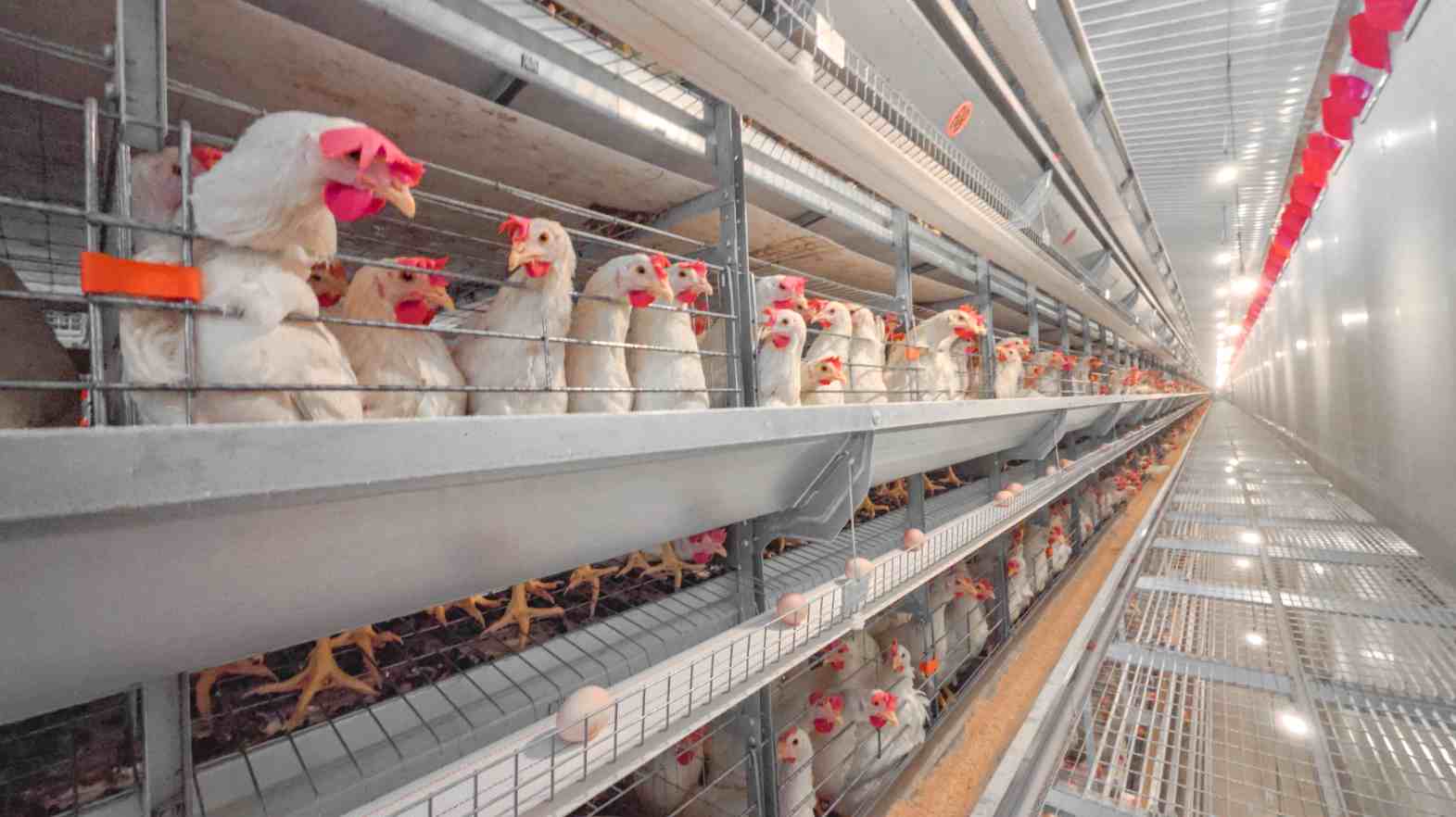
Feeding and Watering Plans During Cold Months
The Role of Diet in Keeping Chickens Warm
Feeding higher-protein and energy-rich foods can help chickens generate body heat naturally. Offering scratch grains in the evening is a simple trick—digesting these grains overnight helps them stay warm.
Yellow corn or scratch grains before bedtime encourage internal warmth through digestion overnight.
Prevent Water from Freezing Without Power
Keeping liquid water available without electricity can be tricky. Use rubber bowls that allow you to break ice easily each morning or switch water multiple times daily. Insulated containers or partially buried buckets can also slow freezing.
The simplest way is using a heated waterer which uses very little electricity. However, for those avoiding power use, creative solutions like solar-heated troughs or thermos-style bottles can make a big difference.
Outdoor Access and Behavior Changes in Winter
Can Chickens Still Go Outside?
Yes, chickens benefit from outdoor time even in winter—provided it’s not wet, windy, or icy. Exposure to sunlight boosts vitamin D levels and prevents boredom-related behaviors like feather pecking.
Even in winter chickens enjoy going outside, provided it’s not icy or windy.
Setting up windbreaks or covered outdoor runs lets them explore safely. Providing straw-covered paths over snow also encourages activity.
When Is It Too Cold for Outdoor Time?
Limit time outside when temperatures drop below 15°F (-9°C), especially if wind chill or dampness are present. Watch for signs of discomfort like lifted feet or huddling.
Choosing Equipment That Keeps Your Chicken Coop Warm
How ZEUS Poultry Equipment Helps Beat the Cold
At ZEUS, we’ve designed our poultry housing solutions with winter protection in mind. ZEUS provides durable poultry cage systems, with design featuring winter protection functions, such as enclosed housing structures and easy-to-clean materials. Our layer cages are built with hot-dip galvanized materials that resist corrosion for 15–20 years.
Our equipment promotes efficient space use, supporting warmth by reducing overcrowding while maintaining airflow. The sealed structure reduces drafts and integrates seamlessly with manure removal systems that help control moisture.
We also offer flexible configurations including brooding cages with adjustable water lines and manure belts to reduce indoor air pollution—ideal for heating chicken coop in winter without power.
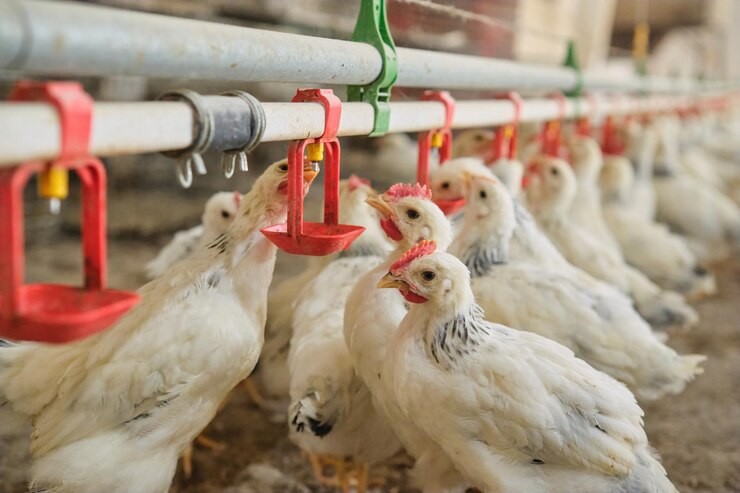
FAQ
Q: How do I keep my chicken coop warm in winter without electricity?
A: Use deep litter composting, insulate walls with straw or foam board, install weather stripping around windows/doors and place thermal mass objects like water jugs inside the coop.
Q: Can chickens be kept during winter?
A: Yes. With proper winterization—insulation, ventilation and unfrozen water sources—your chicken coop can support year-round flock keeping.
Q: Will chickens survive the winter without added heat?
A: Healthy adult chickens can typically manage cold weather as long as they are dry, well-fed, wind-protected and their coop retains warmth through passive methods.
Q: How cold is too cold to let chickens outside?
A: When temperatures fall below 15°F (-9°C), particularly with wind or snow, it’s best to limit outdoor time to avoid frostbite risks.
Q: Do I need special equipment for my coop in winter?
A: While not mandatory, using ZEUS equipment enhances warmth retention, simplifies maintenance and improves flock comfort under extreme weather conditions by utilizing enclosed designs and efficient manure handling systems.


